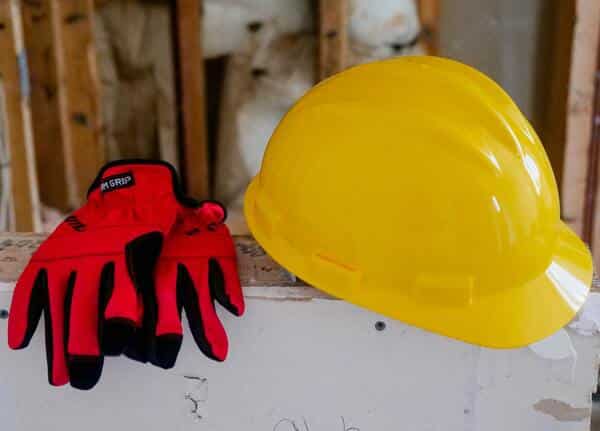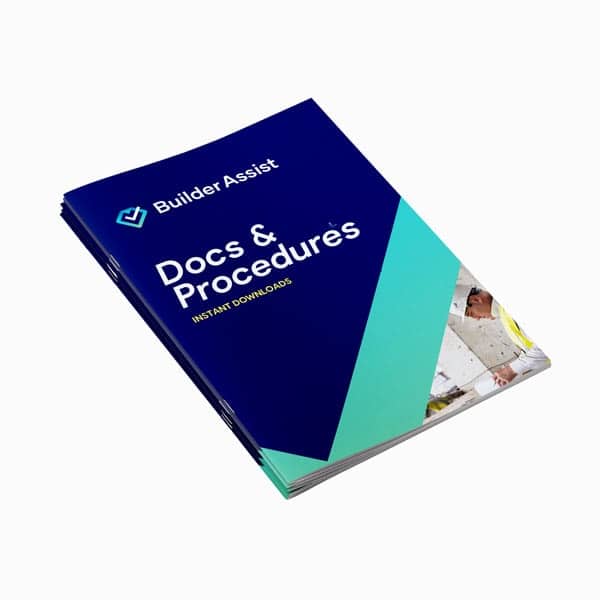
Improving the overall safety of a worksite doesn’t happen overnight. In fact, without implementing a number of procedures and measures, your tradesmen and key personnel will always face greater potential risks in the workplace. That’s where a Job Safety Analysis worksheet comes in.
A Job Safety Analysis worksheet is a form of documentation that was developed specifically to improve safety practices on job sites. It is easy to implement, and offers a number of great benefits to your project.
Below, we'll tell you in detail what a Job Safety Analysis worksheet is, and how it's used, so you know why you need one for every project.

A Job Safety Analysis worksheet is a procedure that breaks down the steps associated with a job and identifies potential hazards.
What is a Job Safety Analysis worksheet?
A Job Safety Analysis worksheet is also known as a Job Safety Analysis, or JSA. It is a procedure that breaks down the steps associated with a job and identifies potential hazards. Importantly, it determines the logical, safe method to carry out the job. A JSA aims to reduce potential risks, injuries or near-misses and is particularly important in the construction industry.
There are a number of reasons why you need a Job Safety Analysis worksheet on your worksite. Aside from the obvious benefit of identifying hazards and improving the safe execution of a job, a JSA worksheet also:
1. Educates
It educates and increases the knowledge of your staff. By working through each step of a job process, workers learn the ‘ins and outs’ of performing a task, and doing so in a safe manner.
2. Improves processes
Improves the incident management process. Your JSAs form part of the investigative documentation surrounding any incidents. They are a fantastic resource for improving safety practices.
3. Emphasises safety
Draws attention to overall safety. When employers regularly encourage and enforce the importance of safety across their workplace, safety eventually becomes front of mind for workers.
4. Promotes communication
Promotes high-level communication on site. This includes communication between employees, and between workers and management.
5. Acts as training
Acts as training material for new employees.
6. Supports safety culture
Improves workplace culture around safe work practices and procedures. This helps to ensure the revised safety practices are adopted and accepted easily.
So, if you don’t already implement Job Safety Analysis worksheets across your construction projects, now’s the time to start.
If the process of developing and implementing a workplace JSA seems daunting, there is help available! Builder Assist are leaders when it comes to trade documentation within the construction industry. Our team has developed trade-specific JSA templates and resources, removing the hassle and workload associated with workplace documentation.
Builder Assist developed JSA templates specifically for tradespeople in the construction industry. They are available to purchase directly from our website, and are instantly downloadable.
For more information about the documentation, policies and procedures required for your trade, head to Tradespeople Documentation.
You can learn more about JSAs from our blog posts:



